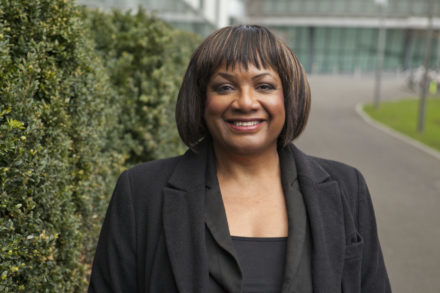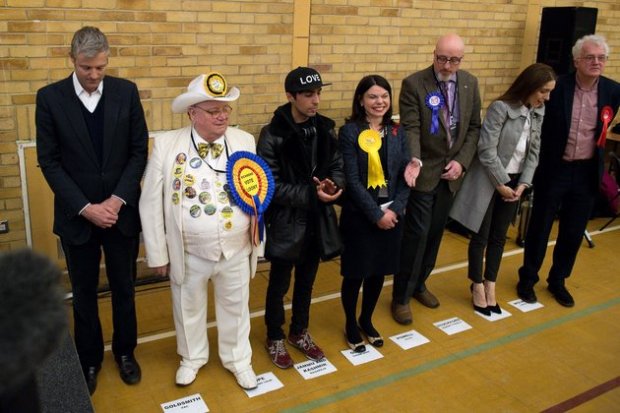
by Cass Macgregor
My support for Scottish Independence is about self-determination: getting what we vote for, and the benefits this could bring for engagement in democracy and society. Like others, I connect to the radical vision of Scotland as a beacon of social and environmental justice, however, I hold the same hopes for England and the rest of Europe.
The rise of Corbyn’s Labour has caused some dissonance within the left leaning Indy movement, supporting both Corbyn at Westminster and simultaneously supporting Scottish Independence. A particular difficulty is the SNP, in power at Holyrood, seen as to the right of a potential Corbyn government at Westminster.
I know supporters of Independence who have voted Green, Labour, SNP and Lib Dem at recent first past the post elections (also a couple of spoiled ballots for a lack of a Green option). It is refreshing to have taken a step beyond the Scottish constitution in deciding voting preferences.
Independence
While support for Independence has largely plateaued since the Yes campaign, the question over the degree of autonomy the Scottish population wants remains relevant. This affects both our relationship with the UK and Europe. Independence means that we get what we vote for on questions of:
- Migration policy- Scottish and English preferences being identified as different.
- Foreign policy and defence- increasingly this is of key importance for environmental protection, climate change and common resource management, and includes many reasons to stay in the EU, along with the question of whether we believe we should have nuclear weapons.
- Energy policy- particularly important to untap Scotland’s potential for renewable energy, adding to future economic prospects.
- Trade deals, industry and the ethics involved.
However, it’s about more than that. Engagement itself in democracy and civic life is vital to the vision of social and environmental justice that many Greens hold. We need engaged, active citizens to drive forwards this vision. This will only come if people trust that they have a democratic system which is fair, reflecting their views, and that their vote matters. Engagement on the Scottish independence referendum and turnout at the vote was high- people felt that it mattered and that they influenced it. Typically, if people feel their vote doesn’t make a difference, they are less likely to vote and engage with the issues.
The pursuit of devolving power and political decisions to the lowest workable level has long been Green policy and so it should come as no surprise that Green support both for increased decision making at local government and Scottish Independence. That being said, international structures such as the EU have a clear role in issues such as climate change, environmental protection and workers rights. Different levels of regulation are needed but Westminster’s current involvement in Scottish decisions is not one of them. In the future, Corbyn being in power in Westminster would make no difference to this.
Interdependence
These key questions also highlight the concept of interdependence: social, environmental and economic issues are interlinked.
Greens across Europe naturally speak of both social and environmental justice. Poorer countries are disproportionately affected by climate change, human rights abuses and war. It is common to see Greens from all European countries calling for justice for refugees and ethical trade as Caroline Lucas did so well during the recent TV leaders debate, and as Scottish Greens consistently raise at Holyrood.
Transport is a good example of social and environmental justice being interlinked. In Glasgow, for example, most people do not own a car, instead being reliant on public transport, walking and cycling, which is better for the environment. The wealthier cause more pollution and carbon emissions by using cars. Policy which supports road travel and car use over public transport disproportionately benefits the wealthy, to the detriment of society and the environment. The issue of tax on air travel is another good example here.
Electoral reform is often raised by Greens. The first past the post system currently used for Westminster elections is tipped in favour of the wealthy and powerful. This creates a system where the contest favours two larger parties. One only has to take a look around the figures on the electoral commission website to review the spending levels and donations available to these parties. However, we are dependent on our voting system to elect representatives who will pass legislation to improve environmental and social justice, hence the call for fairer votes.
Independence & Interdependence
Independence is simply a way of having more autonomy over these decisions. The act of people having a greater say and the empowerment this could bring should not be dismissed- this could be better for democracy, society, wellbeing and our environment.
Independence is about interdependence and this is why the Green case is the most vital one. It’s not about ‘freedom’ or flags. The Green case for Scottish independence has continued to build, with questions of the Green position on currency, citizens income, local democracy and renewable energy over oil, being most relevant to the debate moving forward. Interdependence could also be considered as the state of being dependent on other countries and the need to work together on shared concerns- the global issues affecting social and environmental justice. If Corbyn gets into Downing Street, this will be fantastic for international relations- yet the case for Scottish independence remain will remain: it’s about us making decisions for ourselves, and it is that simple.
(photo credit: http://the-penultimate-word-com)










